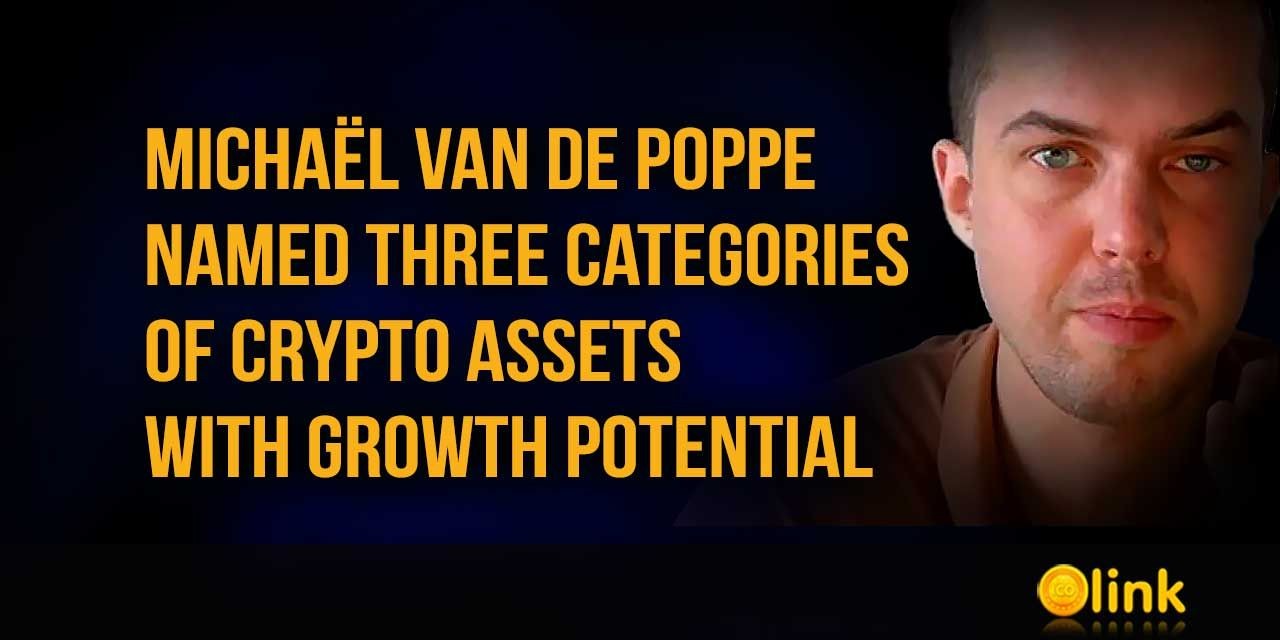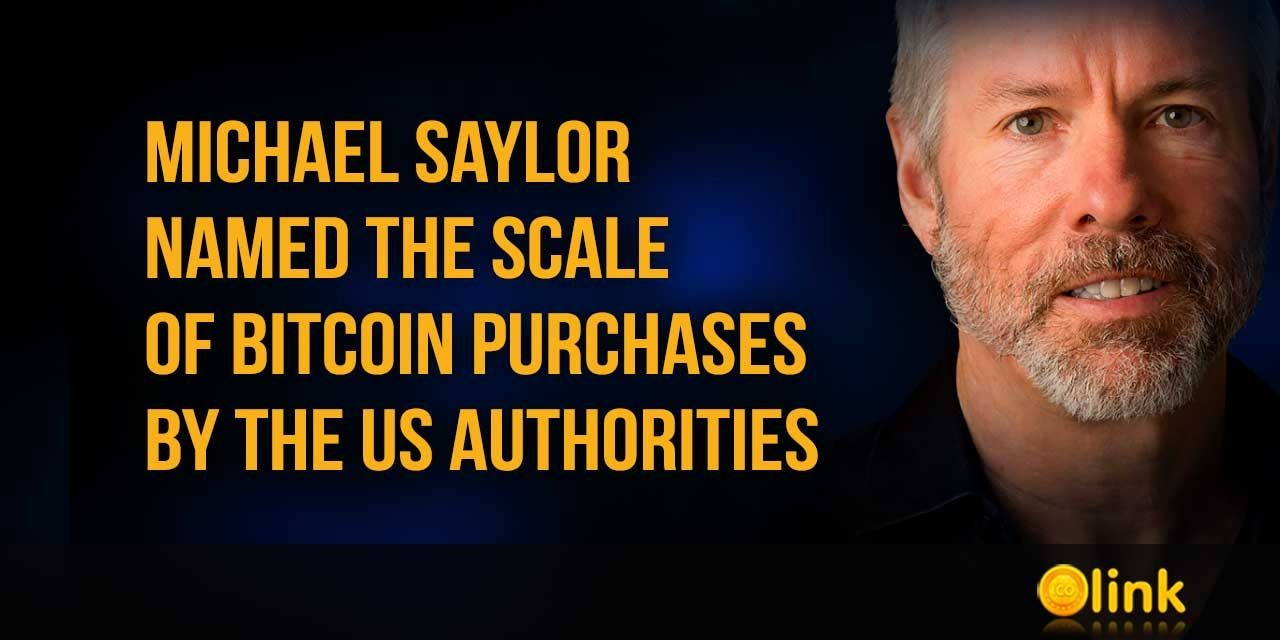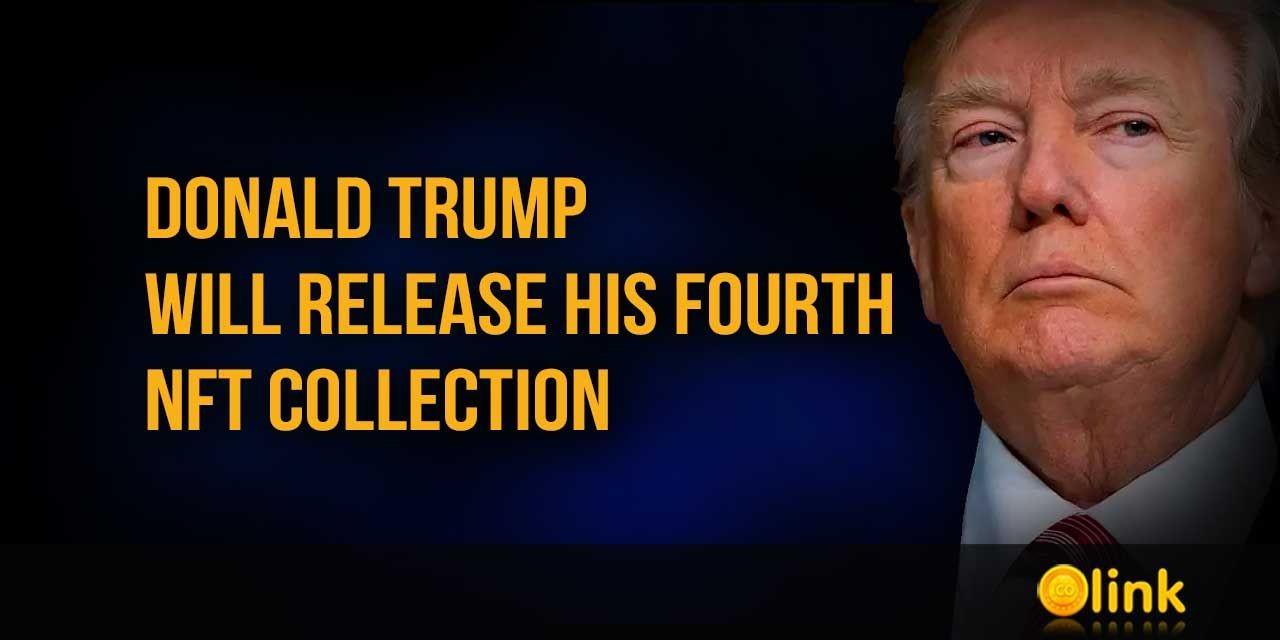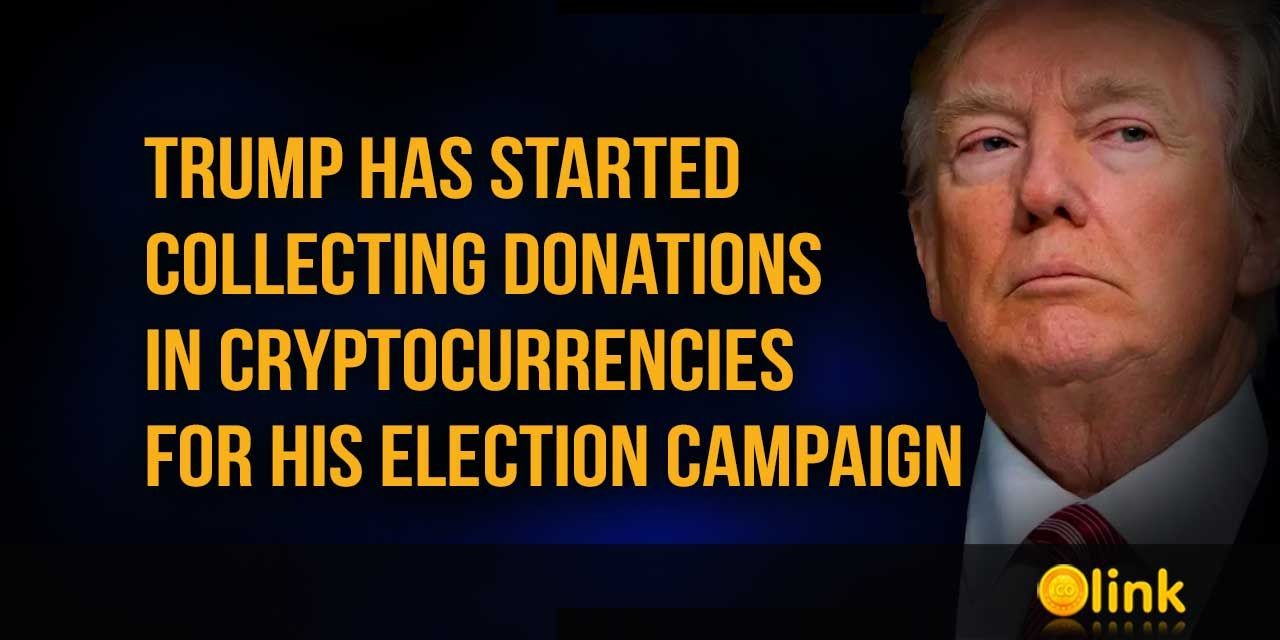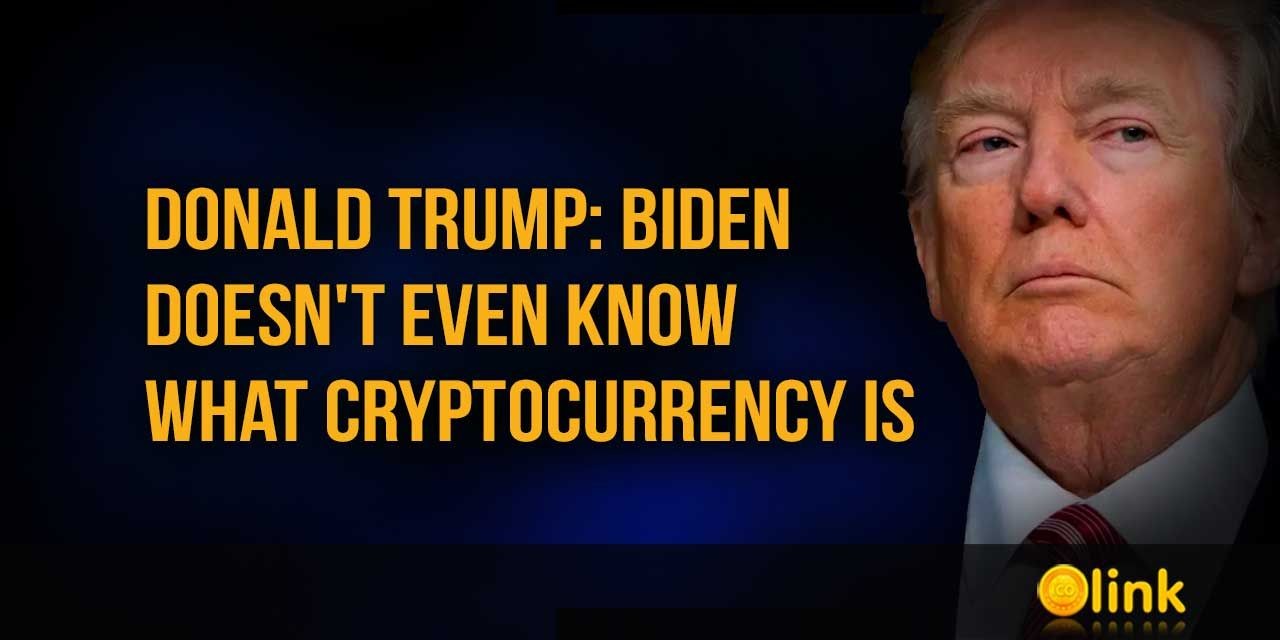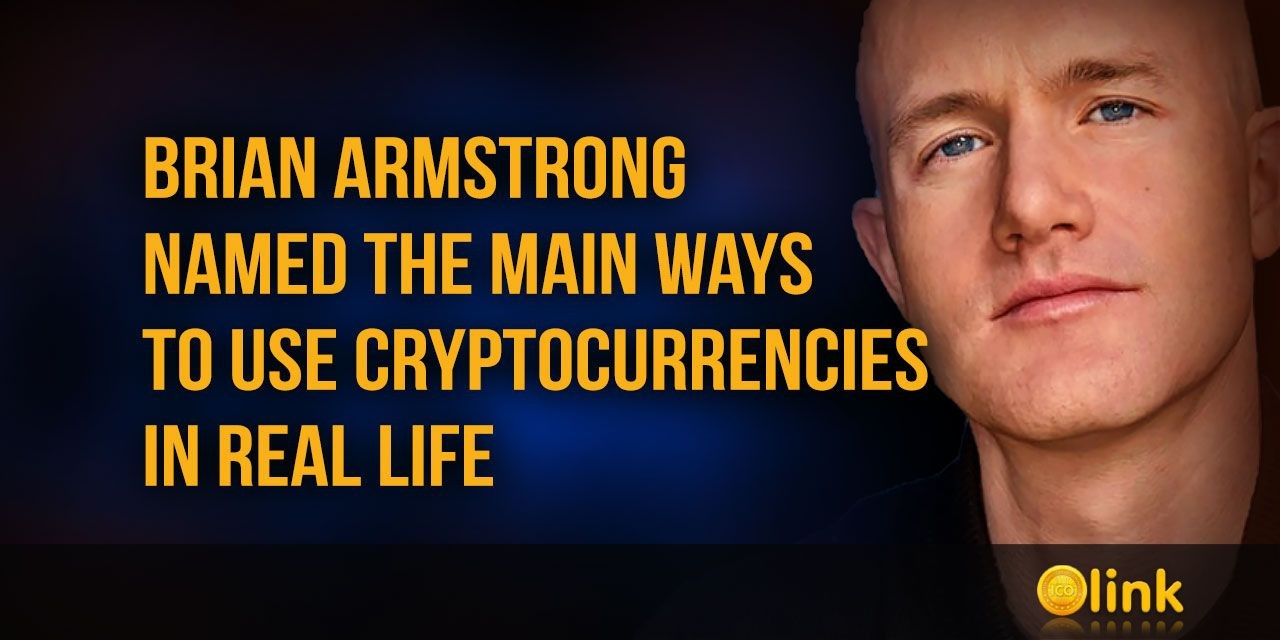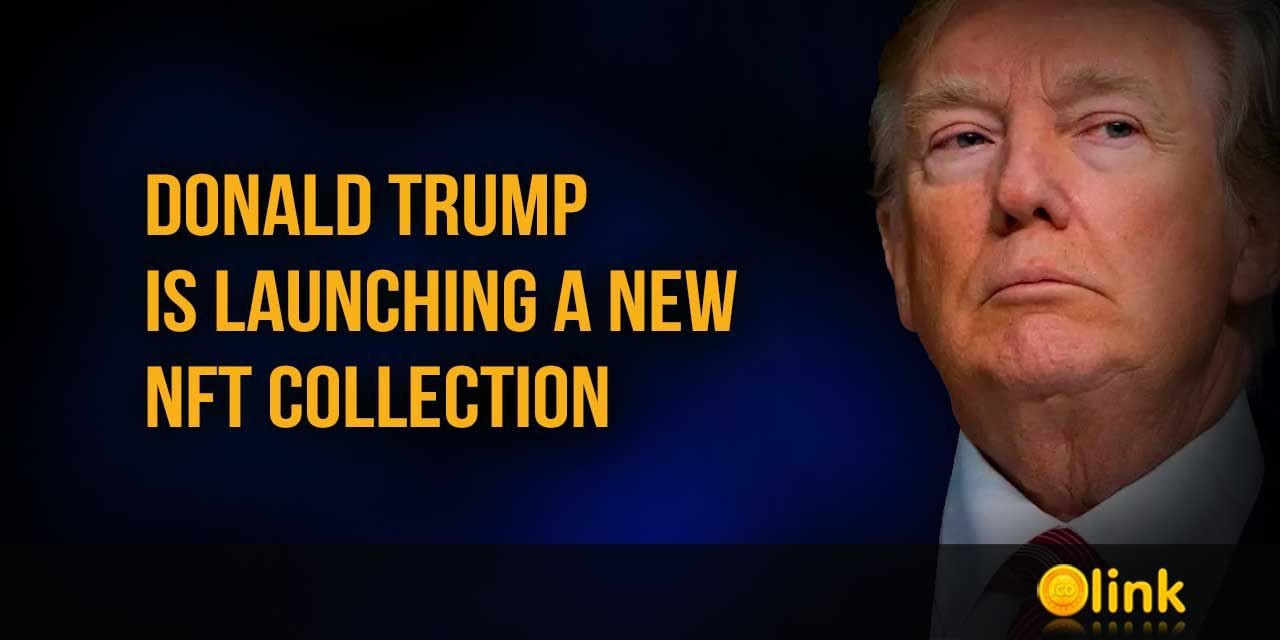nft
Here you will find all posts tagged nft
About nft ℹ️
NFT, short for Non-Fungible Token, is a type of digital asset that represents ownership or proof of authenticity of a unique item or piece of content using blockchain technology. Unlike cryptocurrencies such as Bitcoin or Ethereum, which are fungible and can be exchanged on a one-to-one basis, NFTs are indivisible and cannot be replicated or replaced. Each NFT is minted on a blockchain platform, typically using smart contracts, and is assigned a unique identifier that distinguishes it from other tokens. This uniqueness allows NFTs to represent digital or physical assets such as artwork, music, videos, collectibles, virtual real estate, or even ownership rights to real-world assets. One of the key features of NFTs is their ability to prove ownership and authenticity in a decentralized and transparent manner. By recording ownership and transaction history on a blockchain, NFTs provide a tamper-proof record of ownership, ensuring that the owner of an NFT is the rightful owner of the associated digital or physical asset. NFTs have gained popularity in recent years, particularly in the art and entertainment industries, where they have been used to tokenize and monetize digital content. Artists, musicians, and creators can mint NFTs of their work and sell them to collectors, fans, or investors, providing a new revenue stream and greater control over their creations. While NFTs offer exciting opportunities for creators and collectors, they also raise questions and challenges related to copyright, intellectual property rights, and environmental sustainability. The energy consumption associated with blockchain transactions and the potential for copyright infringement are among the concerns that have been raised by critics of the NFT market. Overall, NFTs represent a novel and innovative use case for blockchain technology, offering new ways to create, own, and exchange digital assets in the digital age. As the NFT market continues to evolve and mature, it is likely to have a significant impact on the future of art, entertainment, and commerce.
